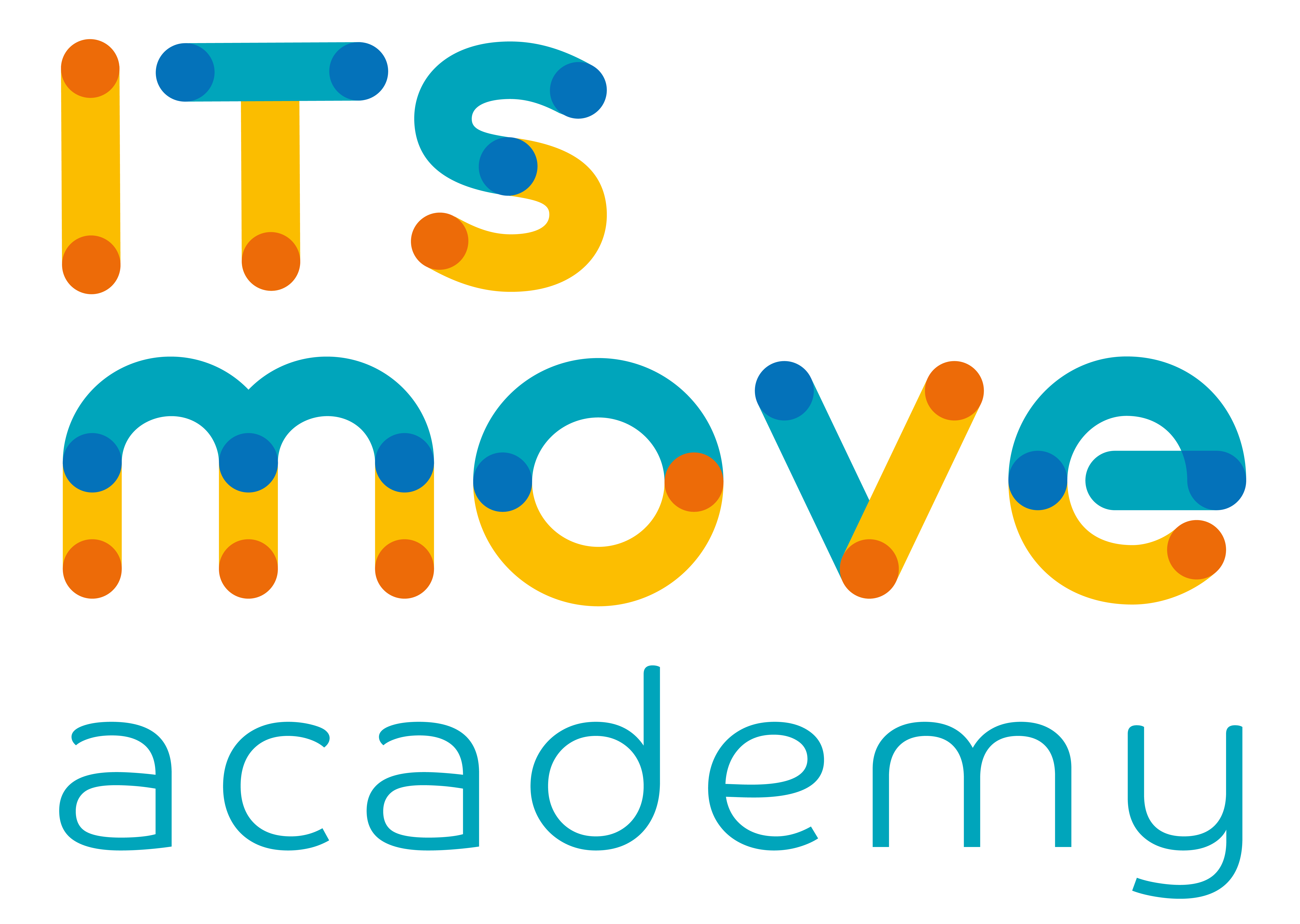In recent years, the world of work has been changing rapidly, and one of the main drivers of this transformation is theartificial intelligence (AI). From machine learning algorithms to automated systems for production and logistics, the spread of AI is rewriting skills, roles and processes in almost every production sector.
In the debate on the impact of theartificial intelligence at worktwo main trends emerge. On the one hand, theautomation pushes towards a reduction of certain repetitive or manual tasks; on the other hand, it generates a growing demand for specialised technicians, developers, analysts and professionals capable of mastering emerging technologies.
According to recent data from the World Economic Forum and the Unioncamere Excelsior Reportby 2027 more than 85 million traditional jobs could be replaced, but over 97 million new positions will be created as a result of the digital transformation. This is therefore not a replacement, but a major skills upgrading.
In this scenario, the Higher Technical Institutes (ITS) represent a strategic bridge between training and employment, preparing professional figures capable of responding to new market demands.
Artificial intelligence, ITS and work: how the landscape is changing
ITS, post-diploma institutes with high technological specialisationwere created precisely to train professionals with immediately spendable skills. Some courses, such as those proposed by theITS Move Academyare already strongly oriented towards the integration of digital technologies and productive sectorsand increasingly include modules dedicated to artificial intelligence, data science, collaborative robotics and big data analysis.
More than 80% of ITS graduates find a job within one year of graduationoften in roles consistent with the training course followed. The opportunity to train directly on company projects, in contexts that are already experimenting with the use of AI, is a considerable competitive advantage.
ITS training is based on a dual model, integrating theoretical learning and field work. The hours of lectures with lecturers from established companies are followed by more than 900 hours of internships in leading companies in the area. This approach allows students to develop skills immediately applicable to the world of work, indispensable in an ever-changing environment.
Today, many ITSs are forming partnerships with companies at the forefront of AI, creating training ecosystems able to anticipate market needs. This makes the pathways increasingly strategic for those who want to enter key innovation sectors.
I profiles most in demand by companies who invest in AI are not only the 'classical' ones of engineer or computer scientist. On the contrary, many roles are at the intersection of technical and operational skillsmaking ITS graduates particularly suitable. These include:
- Industrial automation technicianworking with intelligent robots, smart plants and predictive systems;
- Data technicianIt collects and interprets data useful for improving processes or products;
- Expert in predictive maintenanceThanks to AI, it detects anomalies before they turn into failures;
- Logistics Technician 4.0It integrates artificial intelligence into systems for goods management, traceability and flow analysis;
- AI & Data processing expert: a specialist that designs, develops and implements solutions based on artificial intelligence (AI) and data processing to support decision-making processes, optimise business activities or automate complex tasks.
These roles require not only technical skills, but also so-called soft skills, such as adaptability, collaboration with interdisciplinary teams, problem solving as well as basic knowledge about ethics, privacy and digital security.
AI is now a present reality that requires new skills, curiosity and the ability to read change. In this context, choosing an ITS means not only train professionallybut actively participate in the construction of tomorrow's work. Specialising today in Industry 4.0, intelligent systems and data analysis means entering a world of work that seeks technicians capable of mastering innovationunderstand its potential and contribute to its evolution in a conscious manner.

Author of the article
ITS MOVE - Editor



